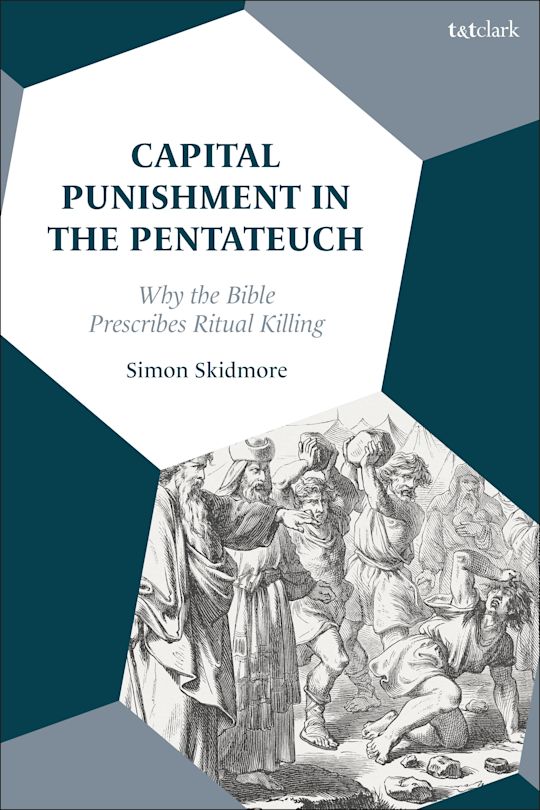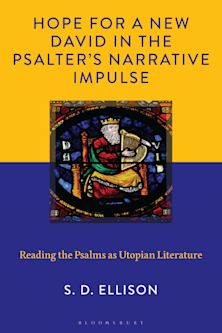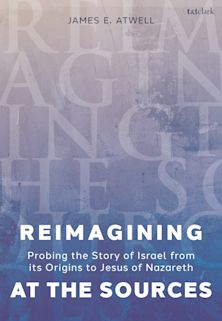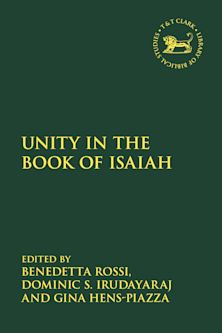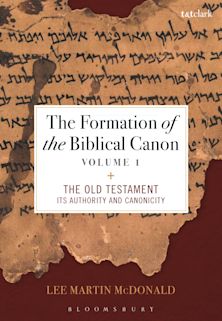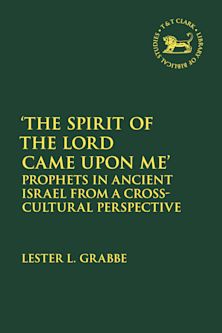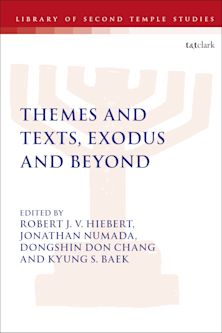- Home
- ACADEMIC
- Biblical Studies
- Old Testament / Hebrew Bible
- Capital Punishment in the Pentateuch
Capital Punishment in the Pentateuch
Why the Bible Prescribes Ritual Killing
Capital Punishment in the Pentateuch
Why the Bible Prescribes Ritual Killing
This product is usually dispatched within 3 days
- Delivery and returns info
-
Free US delivery on orders $35 or over
You must sign in to add this item to your wishlist. Please sign in or create an account
Description
Through the application of mimetic theory Skidmore examines the social impact of capital punishment upon the community, and explores the cathartic nature of this practice within key Pentateuchal texts. Skidmore shows how Mimetic theorists such as Girard advance a view that a community ravaged by vengeance and blood feuds may be saved from extinction by scapegoating one of their own. As the community select a common scapegoat, and vent their collective violence upon this person, peace and order are restored. Though an in-depth analysis of various passages, Skidmore reveals this process in key Pentateuchal texts concerning capital punishment. These observations suggest that biblical capital punishment may have functioned as a means of protecting the Israelite community by managing rivalry and violence.
Table of Contents
Introduction
1. Imago Dei and Human Immolation
2. Method
3. The Blasphemer of Leviticus 24:10-23
4. The Sabbath-gatherer of Numbers 15:32-36
5. Homicide in the Pentateuch
6. The Management of Mimetic Rivalry in Leviticus 18 and 20
7. Sexual Offences and Mimetic Rivalry in Deuteronomy 22:13-29
8. The Rebellious Son of Deuteronomy 21:18-21
9. Conclusion
Bibliography
Index
Product details
| Published | May 30 2024 |
|---|---|
| Format | Paperback |
| Edition | 1st |
| Extent | 232 |
| ISBN | 9780567707239 |
| Imprint | T&T Clark |
| Dimensions | 9 x 6 inches |
| Publisher | Bloomsbury Publishing |
About the contributors
Reviews
-
Simon Skidmore's book provides a fresh reading of ritual killings in the Pentateuch. A careful application of René Girard's mimetic theory allows him to offer a more satisfying and a more robust reading of key passages in this part of the Bible than may be offered by alternative approaches. Human immolations are the outcome of a controlled release of violence to overcome mimetic rivalries, draw the community together and restore peace and order. The most important part of this book shows the illegitimate use of biblical texts by authors that try to justify capital punishment in today's USA. Skidmore also mentions what future research may investigate in continuation of his own approach.
Wolfgang Palaver, University of Innsbruck, Austria
-
Arguing that 'prescribed ritual killings' vent mimetic rivalry on a scapegoat, restoring peace and securing a community's core identity as 'image-bearers of God,' Skidmore compellingly demonstrates the analytic power of René Girard's theory applied to capital crimes. Writing with exceptional clarity and highly nuanced attention to a full range of extant scholarship, Skidmore unifies disparate texts, thereby accounting for inconsistencies, conundrums, and tensions other scholars deem irresolvable. As readers ask, 'How will he explain THIS one?' Capital Punishment in the Pentateuch becomes a page-turner. Of special salience: a critique of these texts' deployment in support of state-sanctioned executions. A notable achievement.
Martha J. Reineke, University of Northern Iowa, USA

ONLINE RESOURCES
Bloomsbury Collections
This book is available on Bloomsbury Collections where your library has access.








